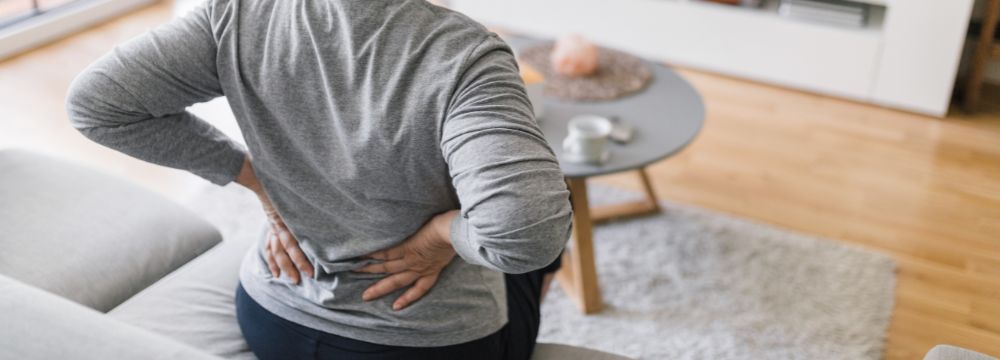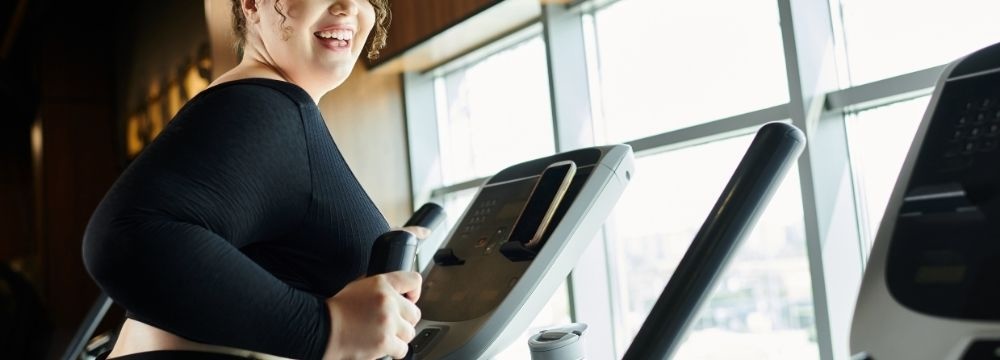
Every patient’s body is unique when it comes to bariatric surgery. Their reaction to anesthesia during the trauma of surgery and the significant changes they experience as they lose weight are also different. As such, it’s important to discuss some seemingly strange but also perfectly normal sensations, feelings, and circumstances patients may experience after their procedure. To get us started, let’s discuss back pain.
When we tell patients back pain after bariatric surgery is normal, they often don’t understand why. After all, it stands to reason if you’re losing weight, especially a significant amount of weight, the pressure on your joints and back should be minimized, and you shouldn’t have any pain at all (or any pain you did have should vanish).
This may not be the case after bariatric surgery, however. After surgery, the body must make some significant adjustments. While you may feel lighter and bodily functions are working just a little bit better, the ligaments and tendons around the body are trying to adapt. As patients lose weight, their weight balance can shift quite a bit. Plus, we can never be sure where the excess fat will come off first. We know the body is adaptable and will eventually get there. However, most patients should expect a few hiccups on the way.
Managing back pain and other oddities after bariatric surgery requires discipline. Appropriate protein intake keeps muscles strong and helps build them further to support the joints, ligaments, and tendons. Similarly, exercise lubricates the joints and helps them work better.
Does the Back Pain Need Treatment?
If the pain is significant, we encourage you to call our office to discuss it. Most patients can manage it with over-the-counter pain medication. Still, some patients may benefit from physical therapy to get them started on a comprehensive exercise routine and address any possible stability or range of motion concerns.
Not Just Cardio
Remember exercise is not just cardio; walking, running, etc. Patients should also spend at least half their time performing strength training exercises at home or a gym to reduce these transitional pains or build the muscle required to burn calories, even at rest.
Small Added Improvements
You could also prioritize getting blood flow to the area that hurts. Warmth, such as a heating pad, warm bath, or other means, can increase blood flow to the area, helping it adapt and reduce pain more quickly.
You may also wish to reevaluate your bed and pillow situation. If your mattress or pillows are old, they may be causing and not helping some of that pain.
The Bottom Line
Of course, none of us want to have pain, especially during an exciting time like post-bariatric surgery life. Fortunately, the joint pain you experience from losing weight is temporary, and patients quickly adapt and return to their regular lives. If you’re ever in doubt, we encourage you to contact our office, and we can discuss any concerns you may have. Most importantly, stick to your prescribed post-operative diet and exercise plan.










